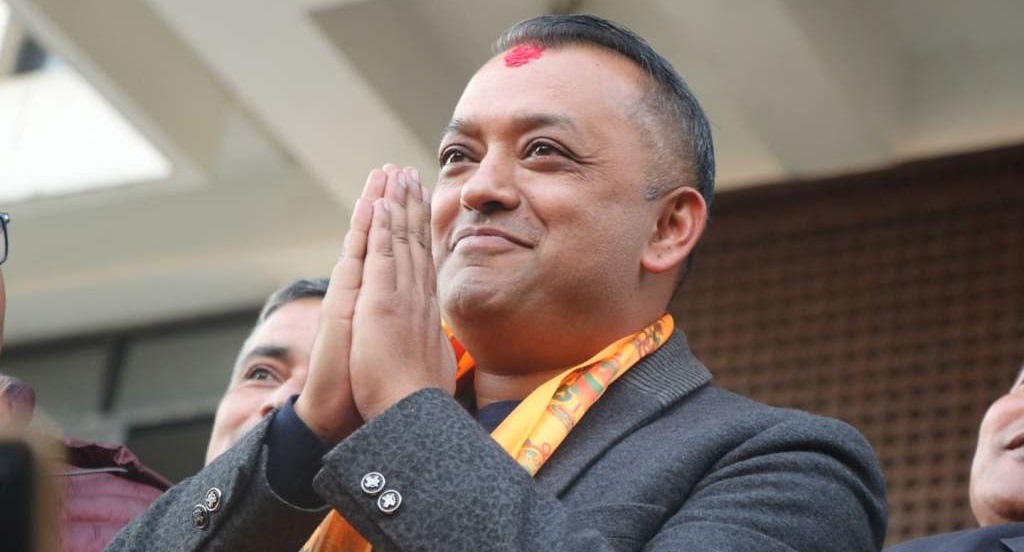Rule of Law Mocked: Gagan Thapa’s Proposal Highlights Selective Justice in Corruption Cases

Kathmandu, January 3, 2025 – Gagan Thapa, General Secretary of the Nepali Congress, has drawn attention for proposing a selective approach to tackling corruption cases. His suggestion to work with former Prime Ministers Pushpa Kamal Dahal (Prachanda), Sher Bahadur Deuba, and KP Sharma Oli to decide which corruption files to prioritize has raised serious concerns about the integrity of the rule of law.
Selective Justice in Focus
Thapa’s proposal, presented during a parliamentary committee meeting, emphasized the need for a consensus among top political leaders to determine which corruption cases should be opened. This approach has been criticized for potentially allowing selective enforcement of justice, where decisions could be influenced by political interests rather than evidence or legal principles.
The focus on selective cases risks creating an unequal application of justice, enabling some individuals or groups to avoid accountability while others are targeted based on political convenience. This undermines the core principle that the law applies equally to all, irrespective of status or power.
Legal and Institutional Implications
The proposal raises concerns about political interference in Nepal’s justice system. By involving political leaders in deciding which cases to pursue, it shifts power away from independent institutions like the Commission for the Investigation of Abuse of Authority (CIAA), weakening their role in ensuring impartial investigations. This not only erodes public trust in these institutions but also sets a dangerous precedent for future cases.
Institutional Weakening
By prioritizing political consensus over due process, the proposal undermines the independence of institutions tasked with upholding justice. It highlights deeper systemic issues within Nepal’s governance framework, where political influence often overshadows the impartial functioning of judicial and investigative bodies.
Conclusion
Gagan Thapa’s proposal to selectively address corruption cases underscores a significant challenge to Nepal’s commitment to the rule of law. While addressing corruption remains critical, such approaches risk politicizing justice and weakening institutional credibility. A transparent and impartial process, led by independent bodies, is essential to ensure fairness and restore public trust in the justice system.
Gagan Thapa



![From Kathmandu to the World: How Excel Students Are Winning Big [Admission Open]](https://nepalaaja.com/img/70194/medium/excel-college-info-eng-nep-2342.jpg)
